ChatGPT Won’t Be Writing To My Valentine
January 16, 2023
If you haven’t read Ann Handley’s newsletter this week, here it is.
She wrote it herself.
Actually, she brought her full self, past and present, to this rumination on AI’s breakout moment.
Ann probably had to tie her hair back while she was writing — now that she has grown out her pixie. And maybe she had to stop herself from chewing on the end of her pencil? Do you even use pencils and erasers anymore, Ann?
For those who don’t know Ann Handley, she’s the ridiculously tech-savvy and adaptive Chief Content Officer for Marketing Profs, an online training company for marketers based in Boston. The key to her success isn’t loud suits with zippy patterns or inflated promises, it’s heart.
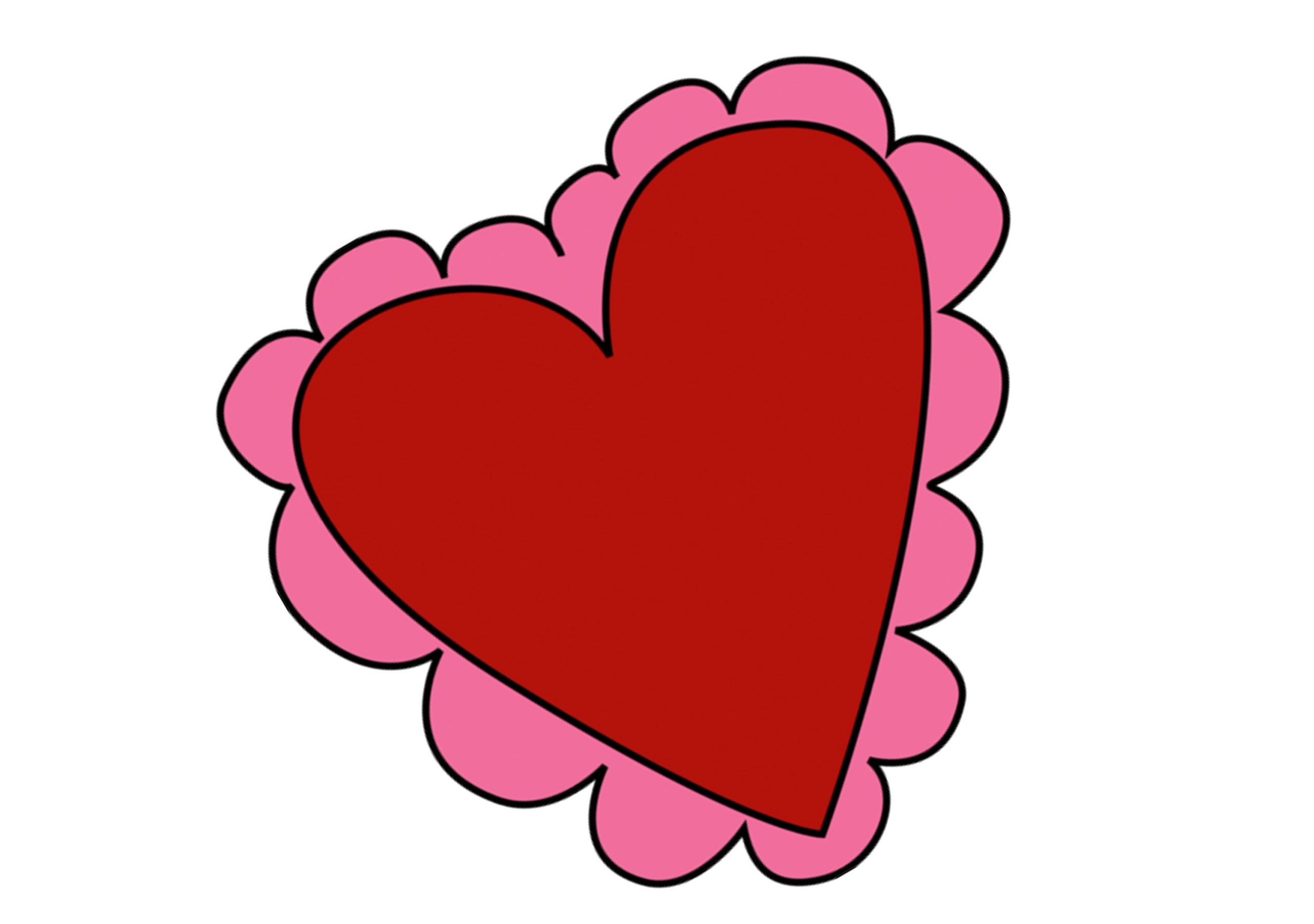
Ann expresses her heart best through writing, a skill in existential crisis ever since the blockbuster debut of ChatGPT, an app that writes almost anything at your command: ads, short stories, blog posts, screenplays, jokes, and listicles galore.
I’m glad I won’t have to write another listicle (AI’s brainstorming power is mind-blowing). And I’m grateful I have Excel (AI too) to format my spreadsheets and do all the calculations. Meanwhile, Bing is scanning this post as I write it, checking for unintended plagiarism picked up during my research. I like that it has my back.
But Ann steps up to argue that the promise of “ease” of AI Writing is false. She calls it “a trap.” I don’t think she says this because she’s trying to save her job or stand in front of progress with outstretched arms and legs. Whatever happens next, Ann will figure it out, and she won’t be blocking fast-moving traffic to make her point.
She believes that to be effective and memorable at writing — the kind that transforms both the reader and the writer — you have to exercise your full humanity with all the vigour (or “vigah” as they say in Boston) of an athlete.
“Writing is a full-body contact sport,” she says. “You need to participate fully. Your brain. Your hands. Your personality. Your voice. All of it.”
And,
“We writers can’t passively sit back and let AI write *for us*. The way to use AI is as a gymnast using a spotter and a coach—a way to help you create with more confidence. Even fearlessly. Yet it’s your talent that drives AI. You are the gymnast!”
You can feel her words dancing to “Let’s Get Physical.”
I remember a decade ago Alice Munro telling an interviewer that she knew that Dear Life would be her last book because she no longer had the physical stamina to keep writing.
For decades, our culture has marvelled at Munro’s ability to illuminate the mundane — doorknobs, shrubs, weeds, linoleum and, one can even imagine, widgets — into something incandescent and universal.
It should be no different for B2B marketers whose job involves describing how inherently boring things exist in the world, like tongue depressors (the example Ann gives in the 2nd edition of her splendid book, Everybody Writes). How do you tell that particular true story well? she asks.
As humans, some of us will never stop striving to be incandescent in our professional writing. Nor will we stop worshipping and obsessively studying those whose work has made us feel a sense of everlasting radiance: Alice Munro in books, Wes Anderson in films, George Lois in ads (yes, ads), Luiz Bonfa on guitar, Billie Eilish at the mic, and Ann Handley in marketing.
When we rely too much on AI to do the work for us — or even dazzle us, as it may do soon — we’ve stopped caring, caring about the value of tackling things with heart and with someone specific in mind.
Many years ago I was working the door at a restaurant when a delivery guy walked in with a big bouquet of red roses.
DELIVERY GUY
I have a delivery for Alison
ME
[slight intake of breath] And the last name?
DELIVERY GUY
Garwood-Jones
ME
[barely contained squeal, outward nonchalance]
Oh, that’s me …
I put the flowers and the heartfelt card in a non-trafficked corner of the restaurant and planned to lift them up, cradle them in my arms and accompany them home at the end of my shift.
Halfway through the night, I noticed my bouquet was gone. What the …? I circled the room, periscope up, determined to solve who had moved my flowers. Then I spotted a guy heading for the exit holding my bouquet upside-down by the stems, the petals practically sweeping the floor. I made a beeline for him.
ME
“Excuse me, may I have my flowers back?” I asked, locking him in a stare.
This is when being 6’3” in heels is delicious.
He looked up and gave me a weak smile, then handed them back.
ME
What were you going to do with them?
GUY
Give them to my girlfriend.
I hope she dumped his lazy ass.
Mary Richards had a similar experience in Episode 1, Season 1 of the Mary Tyler Moore Show. Just as she was settling into her fabulous new apartment in Minneapolis, her ex-fiancé (a doctor) knocked on the door hoping to win her back with a speech and flowers he swiped from a patient’s death bed. Mary was underwhelmed by his pitch. Needless to say, he wasn’t The One. During the show’s seven year run, his name was never mentioned again.
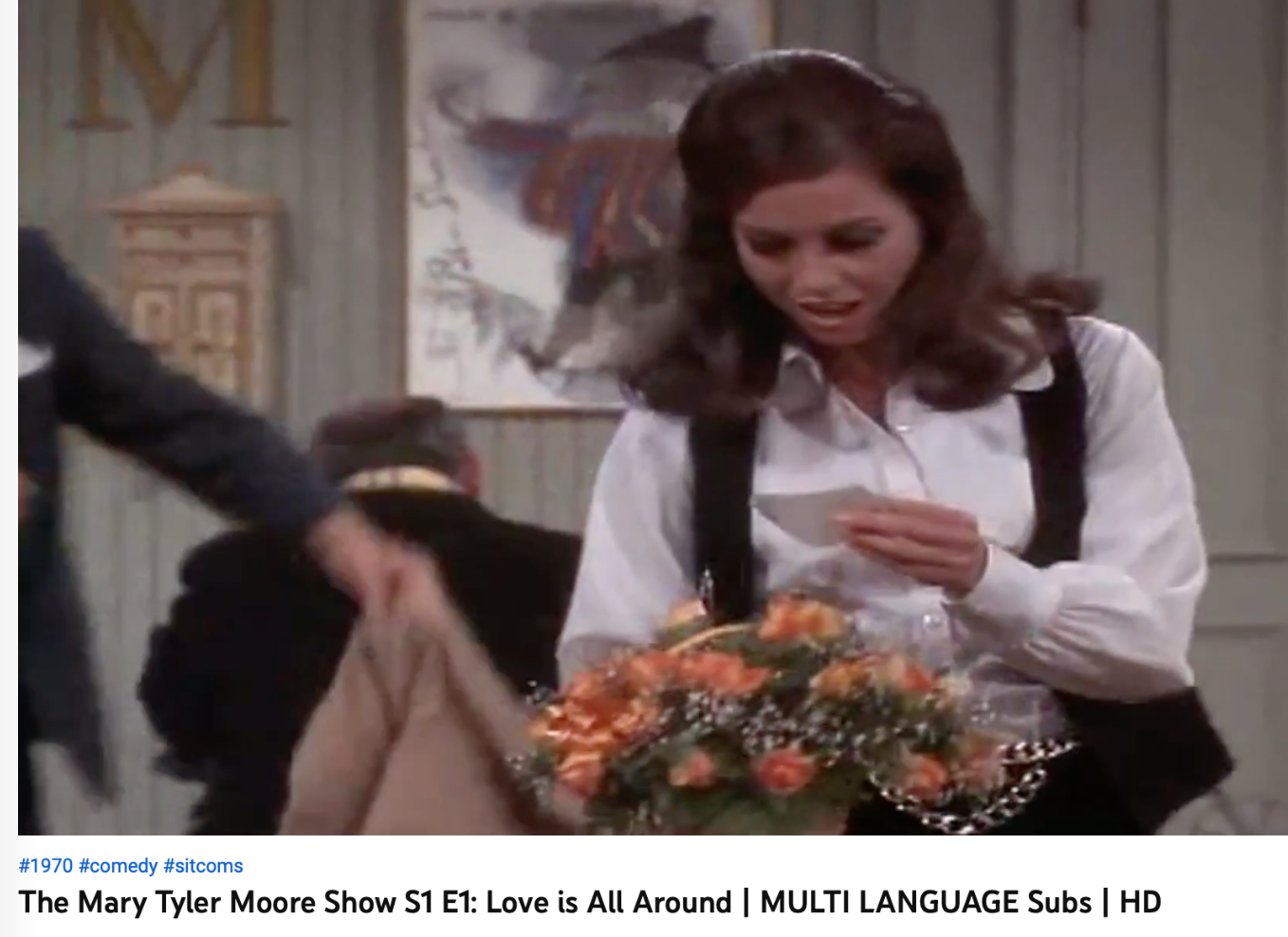
Image originally owned by MTM Enterprises (now defunct)
When you give up trying, or you outsource the work it takes to truly understand or connect with another human being, life loses so much meaning. Can you imagine asking ChatGPT to write your Valentine’s Day message this year? Oh god, maybe you can …
Let’s say you use it. Your lover will probably feel the hollowness. Or, maybe they won’t because, even though it was awkward, it was from the heart and it did sort of sound like you (warts and all). But it wasn’t you. And it wasn’t from the heart. A machine did your homework, and now you are the one feeling hollow because you cut corners. How long can you keep that up?
Don’t deny yourself the growth opportunity of making your words match the human race’s dazzling emotional range, whether it’s in life or in marketing.
It’s one of the hardest things you’ll ever do, and one of the most rewarding.








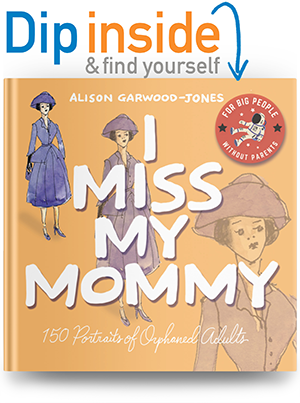

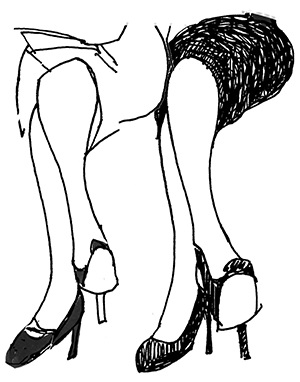





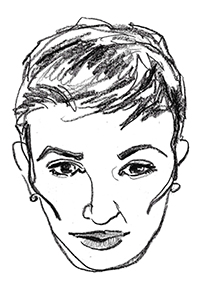










Leave a Reply